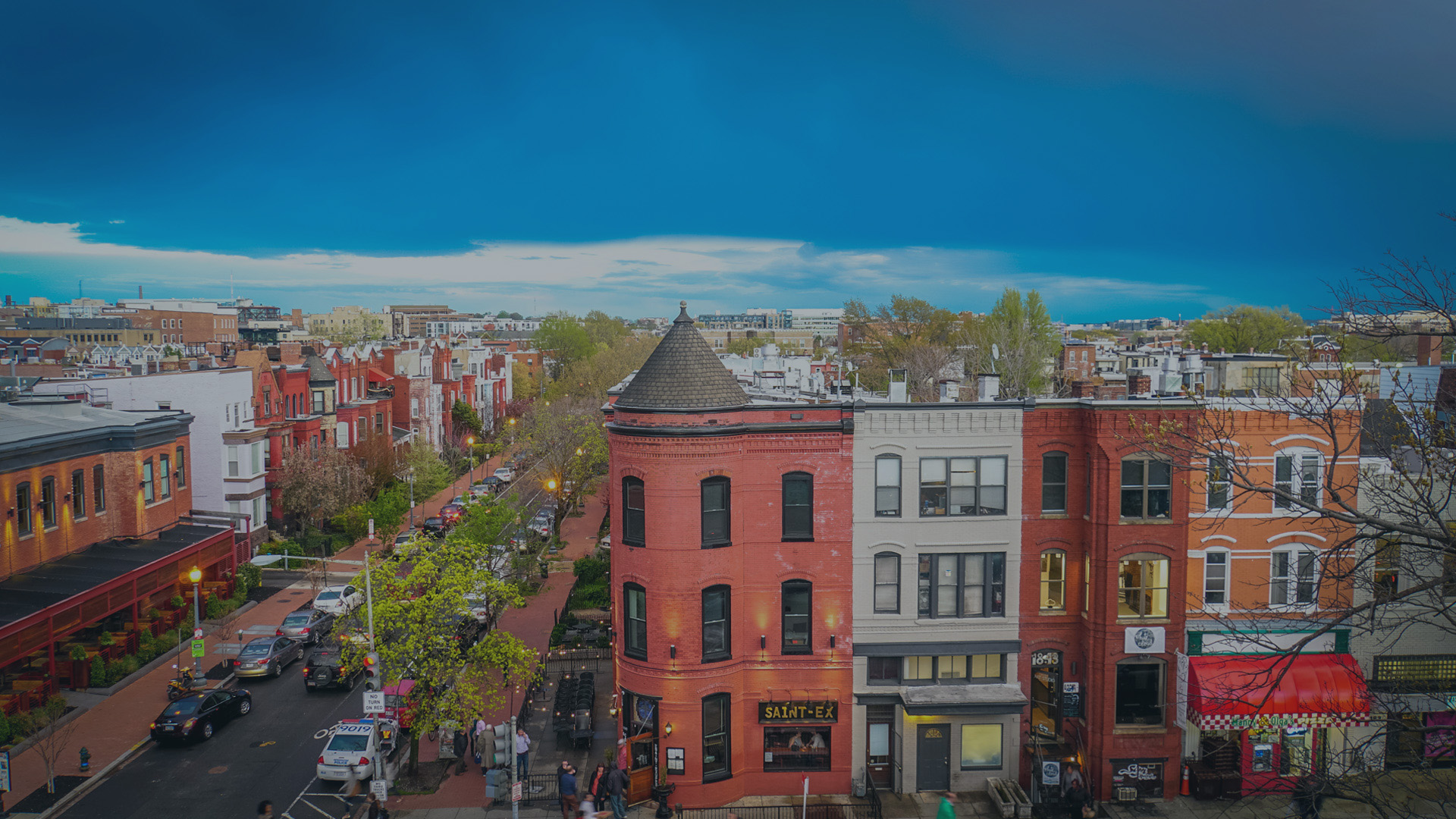On April 23, 2019, D.C. Policy Center Fellow Randy Smith’s analysis of food deserts in D.C. was cited by WAMU:
“Our mission is to provide accessible, affordable, sustainable, healthy food for the communities that don’t have good access to grocery stores,” says Clarice Manning, a member of the Community Grocery Cooperative and a lifelong Ward 7 resident. “If you can’t walk to your grocery store or you have to travel by bus over 50 miles to get to a place where you would like to shop for good food or necessities, you shouldn’t have to do that.”
About 11 percent of D.C. is considered a food desert, meaning a place without access to affordable, healthy foods, and more than three-quarters of the city’s food deserts are in wards 7 and 8, per the D.C. Policy Center. This lack of healthy food is more than an inconvenience—it’s a public health issue that can lead to increased rates of obesity and diabetes. It’s made more tricky by the fact that food deserts generally occur in low-income areas.
But rather than depend on grocery store companies to solve the problem, Manning says that “the co-op will be a way for residents to really have a sustainable store in their neighborhood that they can control and doesn’t just up and leave. I don’t know if people remember—there used to be Murry’s everywhere, and then they just disappeared, and then the whole thing about Walmart coming east of the river, which didn’t happen.”
Read more: Residents In Southeast D.C. Look To Expand Food Options With Co-op | WAMU
Related: Food access in D.C is deeply connected to poverty and transportation | D.C. Policy Center
